
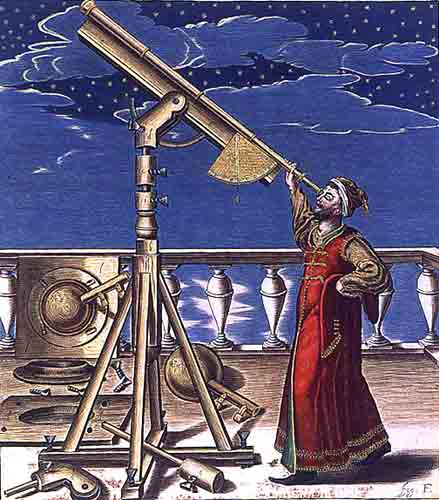
Greek astronomy is the astronomy of those who wrote in the Greek language in classical antiquity i.e. see Aristarchus of Samos Greek astronomer/mathematician and his heliocentric model of the solar system. Greek astronomy is understood to include the ancient Greek, Hellenistic, Greco-Roman, and Late Antiquity eras. It is not limited geographically to Greece or to ethnic Greeks, as the Greek language had become the language of scholarship throughout the Hellenistic world following the conquests of Alexander.
This phase of Greek astronomy is also known as Hellenistic astronomy, while the pre-Hellenistic phase is known as Classical Greek astronomy. During the Hellenistic and Roman periods, much of the Greek and non-Greek astronomers working in the Greek tradition studied at the Musaeum and the Library of Alexandria in Ptolemaic Egypt. The development of astronomy by the Greek and Hellenistic astronomers is considered by historians to be a major phase in the history of astronomy in Western culture. It was influenced by Babylonian astronomy; in turn, it influenced Islamic, Indian, and Western European astronomy.
Most ancient civilizations watched the heavens as patterns in the sky that allowed the to know when the seasons changed - among other things. They built great stone monuments called astronomical observatories such as Stonehenge as celestials clocks to mark these events and the passage of time.
They believed their gods lived in the skies and named them and the constellations after them. This is the reason astrology, astrology and mythology all follow the same patterns. In the end - the answers are in the sky as they come from above. In metaphysics we call this moving into higher frequency than what we experience in our third dimensional bodies. Our creators are from higher realms. They have powers that are lost to us in the physical body. Many seek to activate those powers now.
======

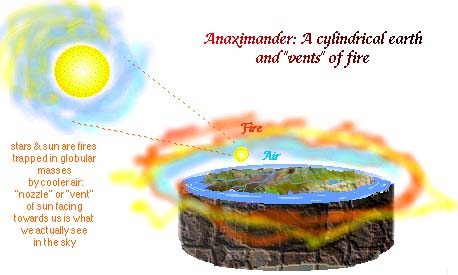
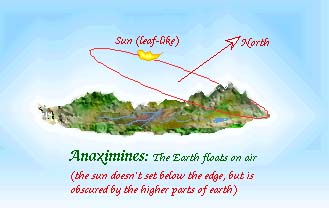
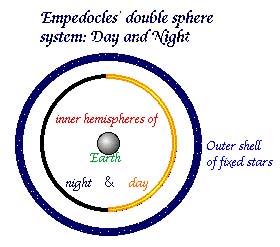
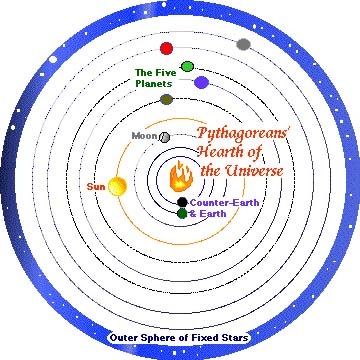
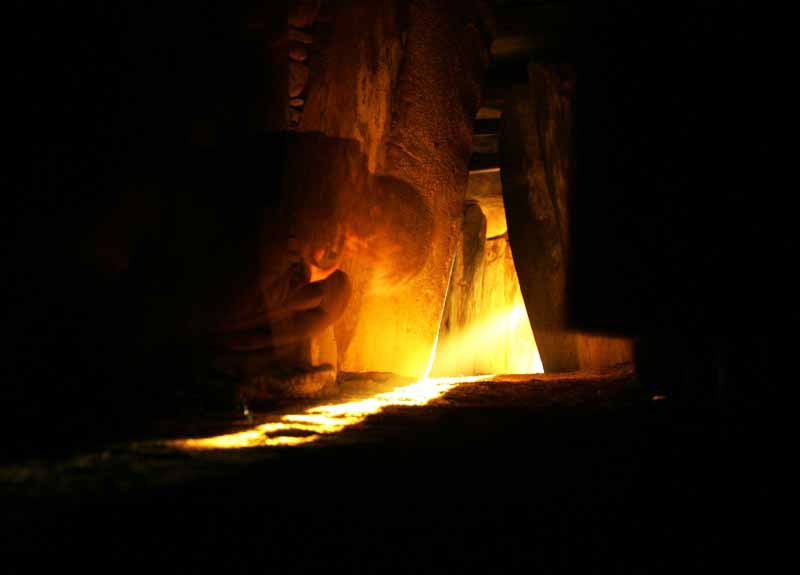
تعليق